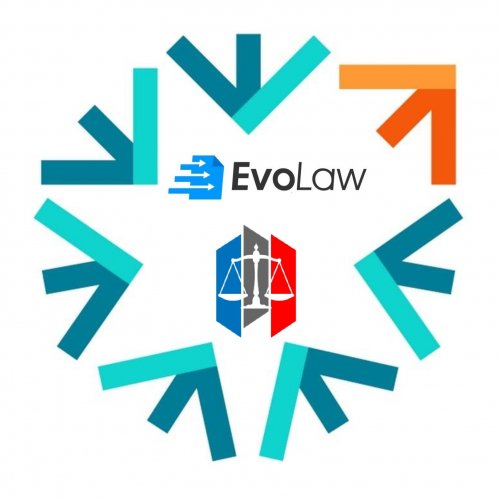Best Wrongful Termination Lawyers in San Salvador
Share your needs with us, get contacted by law firms.
Free. Takes 2 min.
List of the best lawyers in San Salvador, El Salvador
About Wrongful Termination Law in San Salvador, El Salvador
Wrongful Termination, also known as Unjust Dismissal, refers to situations in which an employee is fired from their job for illegal reasons. In San Salvador, El Salvador, the labor laws are governed by the Labor Code. This comprehensive document stipulates that an employee cannot be terminated on grounds of pregnancy, union membership, filing a complaint against an employer, race, religion, nationality, and political or union affiliation. Any dismissal under such conditions could constitute a wrongful termination.
Why You May Need a Lawyer
Wrongful termination cases can be complex, requiring an understanding of the subtle nuances of employment law. Lawyers can provide legal representation, advice on your rights, assistance in collecting evidence, and support during negotiations or court proceedings. You may need a lawyer if you believe you have been terminated unfairly, If your former employer has breached the terms of your contract, or if you were dismissed under dubious circumstances.
Local Laws Overview
In San Salvador, the Labor Code specifies strict guidelines that employers must follow when terminating an employee. Jobs cannot be terminated on grounds that are discriminatory or retaliatory. Also, employers must have just cause to fire an employee, such as serious misconduct or incompetence. If the termination violates the terms of employment or any labor laws, it is considered wrongful. The law also provides for wage protection, severance pay, and due process before an employee is terminated.
Frequently Asked Questions
What Can I Do If I Have Been Wrongfully Terminated?
If you believe that you have been wrongfully terminated, you should consult with a skilled labor law attorney who can guide you on the best course of action. This might include negotiating a settlement with your employer, filing a lawsuit, or seeking mediation.
What Is Considered Wrongful Termination?
Wrongful termination refers to dismissal from employment for discriminatory or retaliatory reasons, or breach of contract. In essence, any termination that violates the Labor Code of San Salvador may be considered wrongful termination.
Do I Have a Right to Severance Pay?
Yes. If your termination is found to be unlawful, you are likely entitled to severance pay in accordance with the Labor Code of San Salvador. The exact amount may vary depending on a number of factors, including your length of service and the nature of your employment contract.
Can I sue for Wrongful Termination?
Yes, if you believe you have been wrongfully terminated, you have the right to take legal action against your former employer. However, it is advised to seek legal advice before taking this step.
What Are the Damages in a Wrongful Termination Lawsuit?
Recoverable damages may include lost wages and benefits, emotional distress damages, punitive damages, and attorney's fees.
Additional Resources
The Ministry of Labour and Social Welfare of El Salvador is the government body that oversees labor rights in the country. They offer advice, guidance, and can be of assistance if you believe you have been wrongfully terminated. There are also local non-profit organizations such as the Salvadoran Foundation for Economic and Social Development that provides resources on labor rights.
Next Steps
If you believe you have been wrongfully terminated, the first step is to consult with a legal professional. An experienced attorney can help you understand your rights, evaluate your case, and guide you through the legal process. Keep all documents related to your employment and termination, as they might be helpful in establishing your case.
Lawzana helps you find the best lawyers and law firms in San Salvador through a curated and pre-screened list of qualified legal professionals. Our platform offers rankings and detailed profiles of attorneys and law firms, allowing you to compare based on practice areas, including Wrongful Termination, experience, and client feedback.
Each profile includes a description of the firm's areas of practice, client reviews, team members and partners, year of establishment, spoken languages, office locations, contact information, social media presence, and any published articles or resources. Most firms on our platform speak English and are experienced in both local and international legal matters.
Get a quote from top-rated law firms in San Salvador, El Salvador — quickly, securely, and without unnecessary hassle.
Disclaimer:
The information provided on this page is for general informational purposes only and does not constitute legal advice. While we strive to ensure the accuracy and relevance of the content, legal information may change over time, and interpretations of the law can vary. You should always consult with a qualified legal professional for advice specific to your situation.
We disclaim all liability for actions taken or not taken based on the content of this page. If you believe any information is incorrect or outdated, please contact us, and we will review and update it where appropriate.








